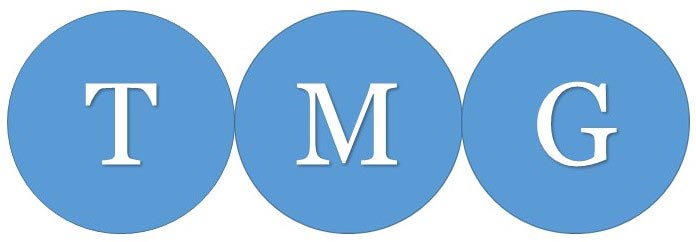Can Leadership Assessment be Motivational?

Having been a vehicle owner in several countries, it has been impossible for me to escape that regular ritual of vehicle inspection. In the UK, it is the MOT test; in France, the Contrôle Technique; and within Dubai, the RTA Inspection.
For most vehicle owners, these events are usually regarded as a mixed blessing. Unless we are fortunate to have a vehicle in pristine condition, there is an inevitable concern that those eagle-eyed inspectors will invariably find something requiring attention, along with an associated financial burden. Nevertheless, the identified items for improvement are likely to be beneficial to the continuing good performance and longevity of the vehicle as well as being safety enhancing and potentially life-saving. But such critical and more positive considerations are rarely at the fore of our minds.
The Mixed Blessings of Leadership Assessment
As part of a succession planning initiative, I recently undertook a leadership assessment of a Director within a leading Dubai-based organisation. At that time, it struck me that there were many parallels with the vehicle inspection process. This gentlemen acknowledged his similarly mixed feelings as the assessment date drew closer. An ambitious individual, he was eager to experience the personal development benefits to be prompted by his employer’s review of the assessment outcome. However, the overriding feeling was one of apprehension. He continued to speak of a degree of demotivation associated with concerns that his shortcomings were about to be exposed with likely career limiting consequences.
Such fears are not unusual. Following their extensive research into the psychological impact of testing, Antoine Tirade and Claire Harbour concluded that assessment anxiety is commonplace. Rather than being seen automatically as probable boosts to personal development, leadership assessments are equally likely to be viewed as potential career stumbling blocks. Tirade and Harbour emphasised the importance of properly managing the assessment process through the stages of initial communication and administration to counter negative perceptions. In addition, a professionally delivered, development-orientated feedback session is vital to encouraging a positive assessment experience.
Credible Outcomes
The most startling aspect of the feedback session for the Director in question was just how surprisingly accurate he considered the results to be. At several points during the process, he queried along the lines of, “Just how did you discover that about me?”. Another fascinating and ultimately persuasive element for him was that many of the assessment results echoed colleagues’ comments about his work behaviour as well as coincided with his own misgivings regarding certain perceived weaknesses.
A Life Changing Event
By incorporating psychometric testing in addition to a series of job related simulations, the assessment had generated a fairly long list of development needs. However, the participant was far from discouraged. In fact, there was nothing short of a complete transformation. He reported being re-motivated and totally inspired by a process he wished had happened much earlier in his career. Nevertheless, he acknowledged what a benefit it had been to have the opportunity of such a “maintenance check-up” as the foundation for his future career development. Indeed, he was already enthusiastically detailing personal strategies he wanted to embark upon immediately in order to ensure early behavioural change and a better alignment with his organisation’s competency framework.
The experience had been so powerful for him that he summarised it as being nothing but a life changing event. Finally, he enthusiastically proposed re-establishment of contact in 12 months’ time in order that he could report upon his achievements.
A leadership assessment resulting in such elevated levels of motivation? A welcome outcome indeed!
With leadership assessments usually conducted to satisfy organisational requirements, there may be a danger of overlooking participant needs, expectations and experiences. This particular encounter served as a useful reminder of not only the necessity of remaining empathetic towards the participant perspective but also of the bonuses to be derived from a positive assessment experience. With assessments typically approached with mixed feelings, the advantages of anxiety minimisation and provision of feedback which is comprehensive and encouraging cannot be overstated. With such essentials covered, the chances of motivational leadership assessments will be surely increased for the benefit of all concerned.
© 2019 Dr Terry Galvin
